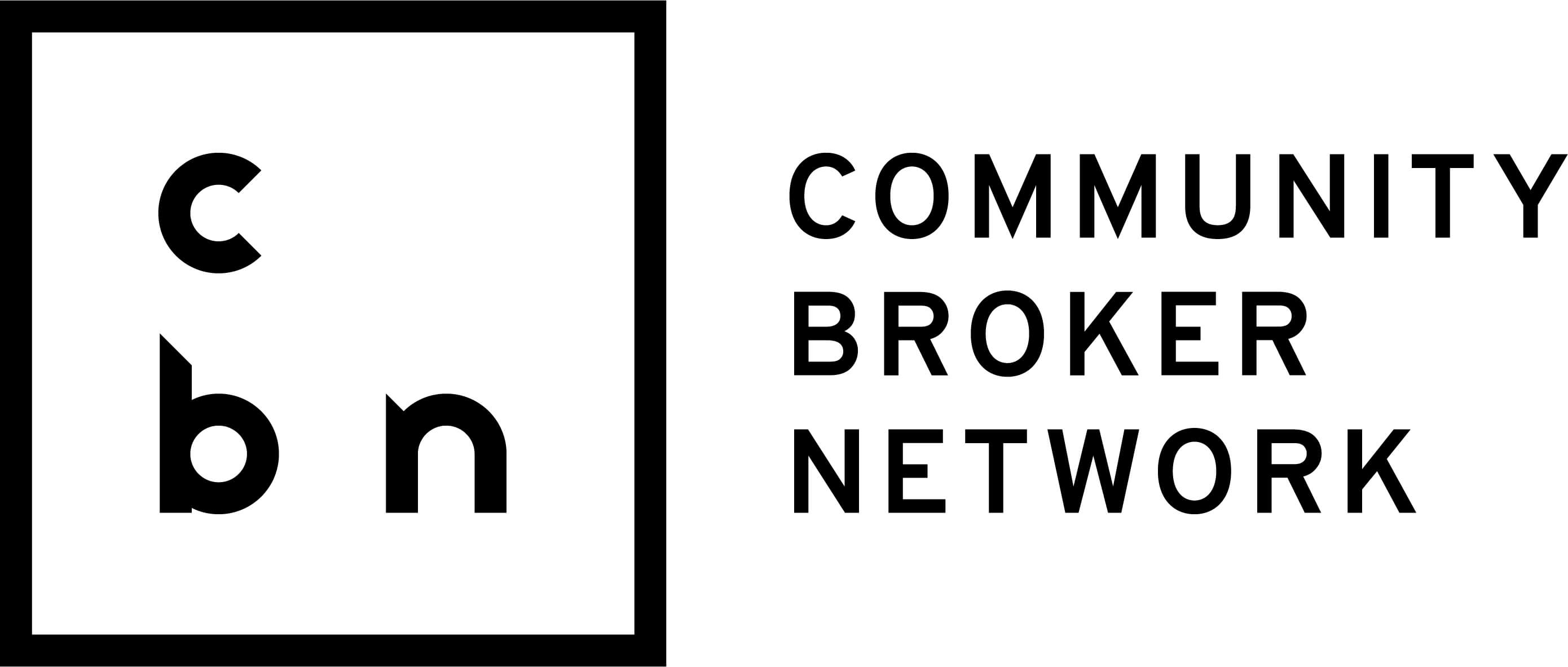Small business lessons from the experts
1. Avoid underinsurance of buildings_500x302a.png)
Underinsurance of buildings is one of the most critical issues Michael sees. It's a common problem where the amount insured is insufficient to cover the cost of reinstating the building when there is a total loss. This issue can have severe consequences for small businesses.
"In almost every large claim we see, the building is underinsured. This means the amount insured is not adequate to pay for reinstating the building if it's a total loss. This can create significant problems if there's a partial loss, resulting in a shortfall in the claim amount," explains Michael.
Michael advises business owners to regularly review their insurance coverage and consider the worst-case scenario.
"Think about the worst thing that could happen and ensure you are adequately insured to handle it. If you are underinsured, you need to plan how to deal with a total loss," he says.
2. Ensure adequate Business Interruption cover
Many businesses overlook or underestimate how much Business Interruption (BI) insurance they need, which can help cover the loss of income a business suffers after a disaster.
"Some people either don't have BI cover or have limited cover, which can be almost as bad as not having it at all. The trouble with BI is that it's hard to predict certain circumstances in advance. For example, in one example, a commercial caterer was underinsured, and when the hall they operated in burnt down, the amount of cover they had was so small, they may as well have not had it,” says Michael.
He advises businesses to think through how they will cope if they can't operate from their existing premises. "Consider how long it will take to rebuild or relocate and ensure your BI coverage is adequate to cover that period," he recommends.
3. Be aware of faulty workmanship issues
Faulty workmanship is another common issue in insurance claims. Insurance policies typically cover the cost of damage to a building, but not the cost of rectifying faulty workmanship.
"A lot of claims involve defective waterproofing, which is the single most common building defect. If the waterproof membrane leaks or is not present, the cost of rectifying this falls on the insured and can be quite expensive. For example, rectifying a bathroom with defective waterproofing might involve removing and reinstating all the tiles, which can be costly," explains Michael.
Business owners should ensure any construction or renovation work is done to a high standard to avoid such issues. Regular inspections and maintenance can help identify and rectify potential problems before they become significant.
4. Maintain your property
Michael highlights the importance of regular maintenance, particularly for roofs and other critical structures. Neglecting maintenance can lead to significant damage and costly repairs, which may not be fully covered by insurance.
"There's no obligation to maintain your property, but neglecting it can lead to issues. For example, a 50-year-old metal roof with rust holes is a disaster waiting to happen. If water comes through and causes the ceiling to collapse, it may not be fully covered by your policy," says Michael.
He advises business owners to regularly inspect and maintain their property. Keeping up with maintenance can save money in the long run and help ensure insurance claims are valid.
5. Understand fraud risks
While some types of fraud can be insured against, others cannot.
"We live in the golden age of fraud because there are so many ways to carry it out. Some forms of fraud can be insured against, but not all. It's important for businesses to understand the fraud risks they face and take steps to mitigate them," Michael explains.
He advises businesses to implement strong internal controls, conduct regular audits and educate employees about fraud risks. Being proactive in addressing fraud can help prevent losses and protect the business.
By following these tips, small business owners may avoid common pitfalls and ensure their business is well-protected.
At Business Insurance Cover Services (BICS), we help small business owners protect what matters most. Whether it’s reviewing your cover, avoiding underinsurance, or preparing for the unexpected, our team is here to support you. Contact us today.
Important notice
This article provides information rather than financial product or other advice. The content of this article, including any information contained in it, has been prepared without taking into account your objectives, financial situation or needs. You should consider the appropriateness of the information, taking these matters into account, before you act on any information. In particular, you should review the product disclosure statement for any product that the information relates to it before acquiring the product.
Information is current as at the date the article is written as specified within it but is subject to change. BICS make no representation as to the accuracy or completeness of the information. Various third parties have contributed to the production of this content. All information is subject to copyright and may not be reproduced without the prior written consent of BICS.

.png)


